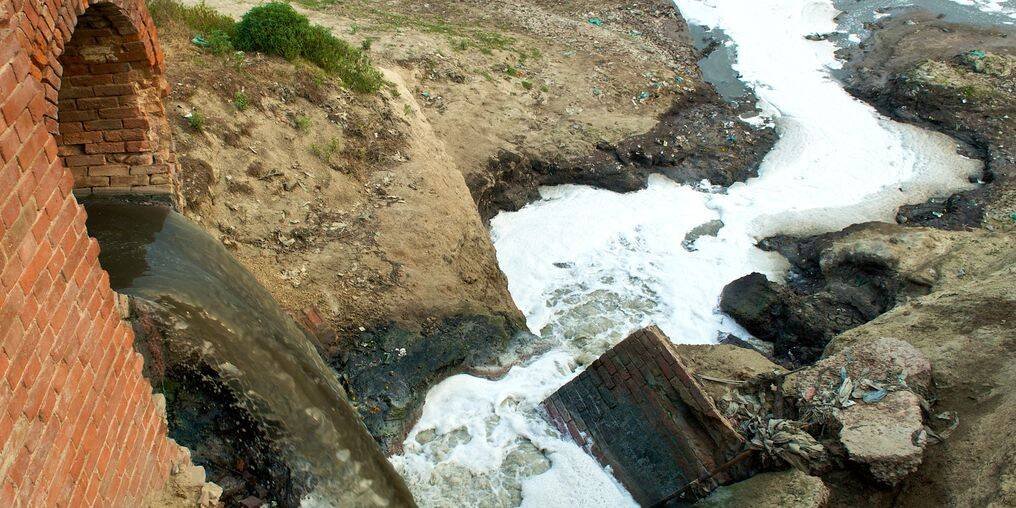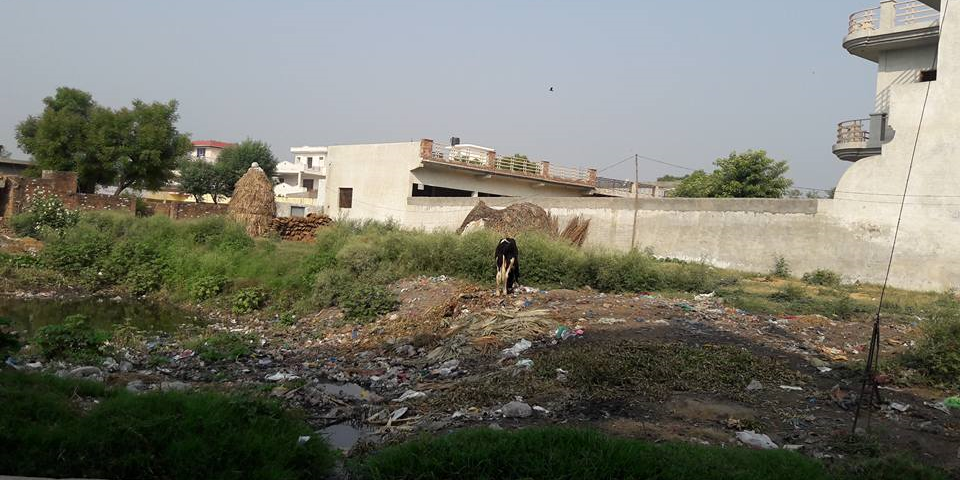MEERUT: Rivers in western Uttar Pradesh like Kali, Krishna and Hindon have been polluted to dangerous levels because of the industrial waste released illegally into them by the industries. So grave is the pollution that they have also contaminated the groundwater of hundreds of villages located on the banks of these rivers thereby endangering the health of millions of people, revealed a scientific study of one of the rivers Kali which flows through nine districts and covers about 200 km.
Testing of 16 water samples, eight of ground water and eight of river water from eight districts which the Kali flows through has shown that not only the river water has been seriously contaminated but that has also contaminated the groundwater of the villages located on its bank in eight districts.
The tests were done from the government- approved lab ‘the Dehradun-based People’s Science Institute’ (PSI). The villages from where samples were picked are located in a radius of 2 kilometers of Kali.
The heavy metals present in the Kali have entered the groundwater of these villages through seepage. The results of the test has shown that dangerously high levels of lead, total dissolved solids and iron, have been found in the water samples picked from the hand pump of eight villages, According to Sunil Gupta, senior consultant, medical oncologist, Rajiv Gandhi Cancer Institute and Research Centre, Delhi, continued consumption of heavy metals can have serious diseases like cancer.
Accordingly the research team of Meerut- based NEER Foundation which did the study of water in Kali river in collaboration with WWF, found several cases of stomach ailments, brain disorder and even cancer among the residents of these villages.
Raman Tyagi, the director of the NEER Foundation, told THE HINDU that “while these villages don’t have good public health system private doctors in these villages told us that a large number of people suffer from serious diseases and many of them had died due to cancer owing to groundwater contamination.
For instance, the amount of lead in villages located in Muzaffarnagar, Bulandshahr and Aligarh was dangerously high, The amount of lead in the water in a hand pump at Rampura village in Bulandshahr was 0.35 mg/L which is 35 times higher than its permissible limit of 0.01 mg/L in ground water.
The residents of Antwada village in Jansath block of Muzaffarnagar, were found to be using a hand pump where the amount of lead was found to be 0.21 mg/L which is 21 times of the permissible limit.



